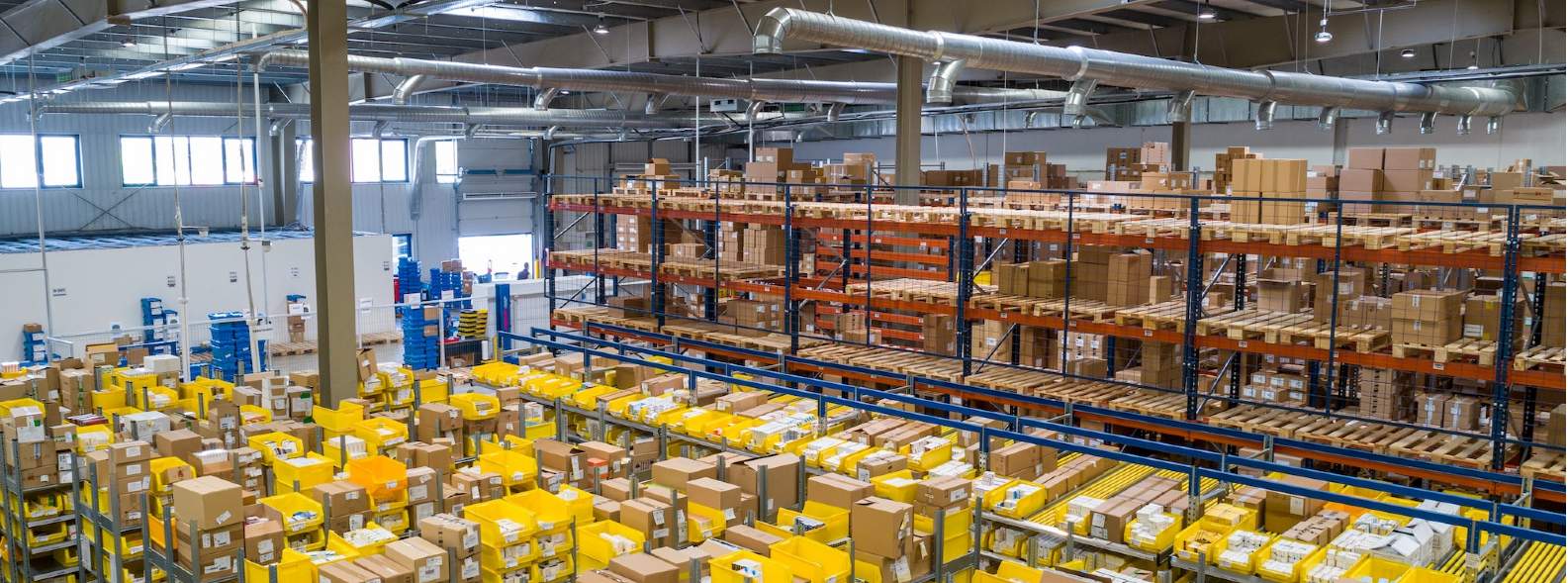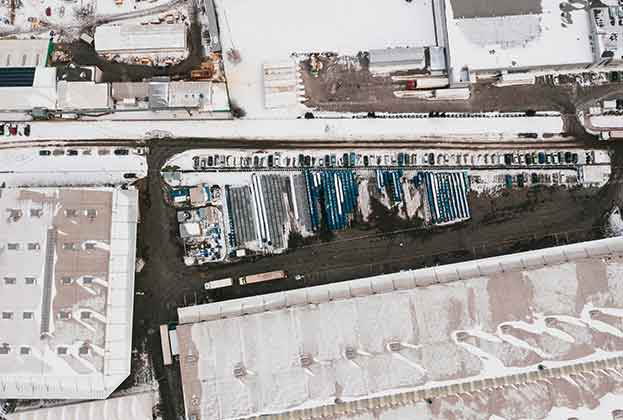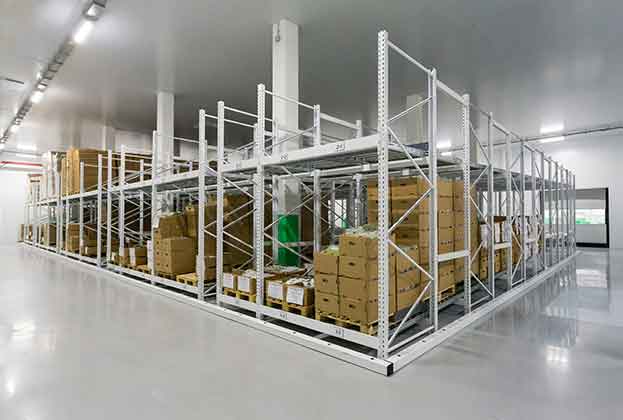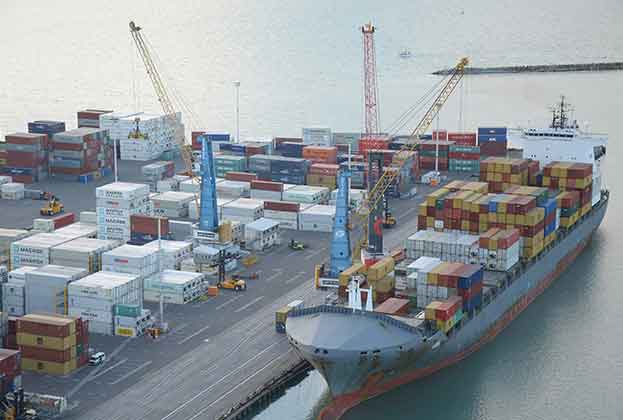As we know, supply in the UK industrial and logistics market has reached chronically low levels in the first half of 2021 with average vacancy rates now at 4.24 per cent. However, despite record breaking take-up not all occupiers are considering a move.
Businesses that occupy units that fulfil their requirements, both operationally and geographically, may be planning to stay put, but this doesn’t mean they should sit tight and do nothing. Occupiers with a lease term that is coming to an end, or with a break option (typically coinciding with a rent review), could be in a position to secure a unit longer term beyond their current commitment with the benefits of fixing the rent in advance. Ultimately, looking at the terms of the lease could well make a difference to your bottom line.
With this in mind, what can occupiers do to ensure they get the best possible lease terms from their landlord?
First and foremost, it is key to look ahead when looking to re-gear or extend a lease and consider the current lease events carefully. The time to do this will be different for each individual business, but to maximise opportunities it is best to think about this at least 24 months prior to lease end.
That said, the lack of available space may drive earlier decision making to account for build-to-suit options if a relocation is foreseen to be required.
If choosing to stay put, the primary benefit of looking this far ahead is securing the longer term occupation of a premises without needing to deal with complicated procedures and legislation, which can create potential problems and add cost to the process of agreeing a new lease.
Taking this route also allows occupiers to revisit aspects of their lease that may hamper future growth and work together with the landlord to secure more favourable terms. In a climate of low supply and rising property costs, it may also be possible for occupiers to secure a better rent on their new lease. Despite current market dynamics, it would be beneficial for a landlord to secure an occupier at a market rent beyond the original lease end date to avoid potential voids and fees.
At present, we anticipate that rental growth will outperform the current forecast of 2.7 per cent per year to 2025. Therefore, it is increasingly important to secure reasonable terms to ensure that occupiers are insulated from these rises, while acquiring sites that are strategically important to their business.
Essentially, planning ahead means being able to freely negotiate with a landlord without the pressure of a looming lease end.
Further information


.jpg)





.jpg)

.jpg)